Section II Reading Comprehension
Part A
Directions:
Read the following four texts. Answer the questions below each text by
choosing A, B, C or D. Mark your answers on ANSWER SHEET. (40 points)
Text 1
King Juan Carlos of Spain once insisted “kings don’t abdicate, they dare in
their sleep.”But embarrassing scandals and the popularity of the republican left
in the recent Euro-elections have forced him to eat his words and stand down.
So, does the Spanish crisis suggest that monarchy is seeing its last days? Does
that mean the writing is on the wall for all European royals, with their
magnificent uniforms and majestic lifestyle?
The Spanish case provides arguments both for and against monarchy. When
public opinion is particularly polarised, as it was following the end of the
Franco regime, monarchs can rise above “mere”politics and “embody”a spirit of
national unity.
It is this apparent transcendence of politics that explains
monarchs’continuing popularity polarized. And also, the Middle East excepted,
Europe is the most monarch-infested region in the world, with 10 kingdoms (not
counting Vatican City and Andorra). But unlike their absolutist counterparts in
the Gulf and Asia, most royal families have survived because they allow voters
to avoid the difficult search for a non-controversial but respected public
figure.
Even so, kings and queens undoubtedly have a downside. Symbolic of national
unity as they claim to be, their very history—and sometimes the way they behave
today –embodies outdated and indefensible privileges and inequalities. At a time
when Thomas Piketty and other economists are warning of rising inequality and
the increasing power of inherited wealth, it is bizarre that wealthy
aristocratic families should still be the symbolic heart of modern democratic
states.
The most successful monarchies strive to abandon or hide their old
aristocratic ways. Princes and princesses have day-jobs and ride bicycles, not
horses (or helicopters). Even so, these are wealthy families who party with the
international 1%, and media intrusiveness makes it increasingly difficult to
maintain the right image.
While Europe’s monarchies will no doubt be smart enough to survive for some
time to come, it is the British royals who have most to fear from the Spanish
example.
It is only the Queen who has preserved the monarchy’s reputation with her
rather ordinary (if well-heeled) granny style. The danger will come with
Charles, who has both an expensive taste of lifestyle and a pretty hierarchical
view of the world. He has failed to understand that monarchies have largely
survived because they provide a service – as non-controversial and non-political
heads of state. Charles ought to know that as English history shows, it is
kings, not republicans, who are the monarchy’s worst enemies.
21. According to the first two Paragraphs, King Juan Carlos of Spain
[A] used turn enjoy high public support
[B] was unpopular among European royals
[C] cased his relationship with his rivals
[D]ended his reign in embarrassment
22. Monarchs are kept as heads of state in Europe mostly
[A] owing to their undoubted and respectable status
[B] to achieve a balance between tradition and reality
[C] to give voter more public figures to look up to
[D]due to their everlasting political embodiment
23. Which of the following is shown to be odd, according to Paragraph
4?
[A] Aristocrats’excessive reliance on inherited wealth
[B] The role of the nobility in modern democracies
[C] The simple lifestyle of the aristocratic families
[D]The nobility’s adherence to their privileges
24. The British royals “have most to fear”because Charles
[A] takes a rough line on political issues
[B] fails to change his lifestyle as advised
[C] takes republicans as his potential allies
[D] fails to adapt himself to his future role
25. Which of the following is the best title of the text?
[A] Carlos, Glory and Disgrace Combined
[B] Charles, Anxious to Succeed to the Throne
[C] Carlos, a Lesson for All European Monarchs
[D]Charles, Slow to ReACT to the Coming Threats
TEXT 2
Just how much does the Constitution protect your digital data? The Supreme
Cpurt will now consider whether police can search the contents of a mobile phone
without a warrant if the phone is on or around a person during an arrest.
California has asked the justices to refrain from a sweeping ruling,
particularly one that upsets the old assumptions that authorities may search
through the possessions of suspects at the time of their arrest. It is hard, the
state argues, for judges to assess the implications of new and rapidly changing
technologies.
The court would be recklessly modest if it followed California’s advice.
Enough of the implications are discernable, even obvious, so that the justice
can and should provide updated guidelines to police, lawyers and defendants.
They should start by discarding California’s lame argument that exploring
the contents of a smartphone- a vast storehouse of digital information is
similar to say, going through a suspect’s purse .The court has ruled that police
don't violate the Fourth Amendment when they go through the wallet or
porcketbook, of an arrestee without a warrant. But exploring one’s smartphone is
more like entering his or her home. A smartphone may contain an arrestee’s
reading history ,financial history, medical history and comprehensive records of
recent correspondence. The development of “cloud computing.” meanwhile, has made
that exploration so much the easier.
But the justices should not swallow California’s argument whole. New,
disruptive technology sometimes demands novel applications of the Constitution’s
protections. Orin Kerr, a law professor, compares the explosion and
accessibility of digital information in the 21st century with the establishment
of automobile use as a digital necessity of life in the 20th: The justices had
to specify novel rules for the new personal domain of the passenger car then;
they must sort out how the Fourth Amendment applies to digital information
now.
26. The Supreme court, will work out whether, during an arrest, it is
legitimate to
[A] search for suspects’mobile phones without a warrant.
[B] check suspects’phone contents without being authorized.
[C] prevent suspects from deleting their phone contents.
[D] prohibit suspects from using their mobile phones.
27. The author’s attitude toward California’s argument is one of
[A] tolerance.
[B] indifference.
[C] disapproval.
[D] cautiousness.
28. The author believes that exploring one’s phone content is comparable
to
[A] getting into one’s residence.
[B] handing one’s historical records.
[C] scanning one’s correspondences.
[D] going through one’s wallet.
29. In Paragraph 5 and 6, the author shows his concern that
[A] principles are hard to be clearly expressed.
[B] the court is giving police less room for ACTion.
[C] phones are used to store sensitive information.
[D] citizens’privacy is not effective protected.
30.Orin Kerr’s comparison is quoted to indicate that
(A)the Constitution should be implemented flexibly.
(B)New technology requires reinterpretation of the Constitution.
(C)California’s argument violates principles of the Constitution.
(D)Principles of the Constitution should never be altered.
Text 3
The journal Science is adding an extra round of statistical checks to its
peer-review process, editor-in-chief Marcia McNutt announced today. The policy
follows similar efforts from other journals, after widespread concern that basic
mistakes in data analysis are contributing to the irreproducibility of many
published research findings.
“Readers must have confidence in the conclusions published in our
journal,”writes McNutt in an editorial. Working with the American Statistical
Association, the journal has appointed seven experts to a statistics board of
reviewing editors (SBoRE). Manu will be flagged up for additional scrutiny by
the journal’s internal editors, or by its existing Board of Reviewing Editors or
by outside peer reviewers. The SBoRE panel will then find external statisticians
to review these manus.
Asked whether any particular papers had impelled the change, McNutt said:
“The creation of the ‘statistics board’was motivated by concerns broadly with
the application of statistics and data analysis in scientific research and is
part of Science’s overall drive to increase reproducibility in the research we
publish.”
Giovanni Parmigiani, a biostatistician at the Harvard School of Public
Health, a member of the SBoRE group, says he expects the board to “play
primarily an advisory role.”He aGREed to join because he “found the foresight
behind the establishment of the SBoRE to be novel, unique and likely to have a
lasting impACT. This impACT will not only be through the publications in Science
itself, but hopefully through a larger group of publishing places that may want
to model their approach after Science.”
31、It can be learned from Paragraph I that
[A] Science intends to simplify its peer-review process.
[B]journals are strengthening their statistical checks.
[C]few journals are blamed for mistakes in data analysis.
[D]lack of data analysis is common in research projects.
32、The phrase “flagged up ”(Para.2)is the closest in meaning to
[A]found.
[B]revised.
[C]marked
[D]stored
33、Giovanni Parmigiani believes that the establishment of the SBoRE may
[A]pose a threat to all its peers
[B]meet with strong opposition
[C]increase Science’s circulation.
[D]set an example for other journals
34、David Vaux holds that what Science is doing now
A. adds to researchers’worklosd.
B. diminishes the role of reviewers.
C. has room for further improvement.
D. is to fail in the foreseeable future.
35. Which of the following is the best title of the text?
A. Science Joins Push to Screen Statistics in Papers
B. Professional Statisticians Deserve More Respect
C. Data Analysis Finds Its Way onto Editors’Desks
D. Statisticians Are Coming Back with Science
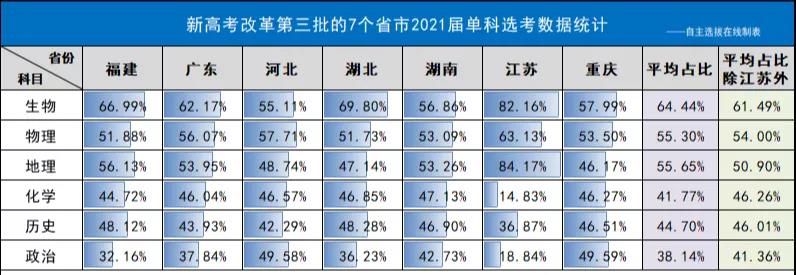
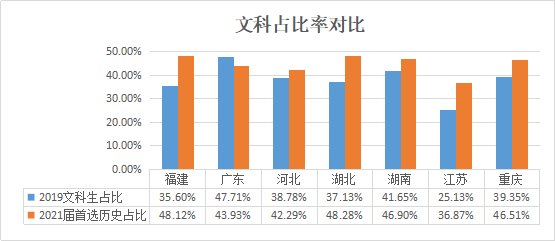
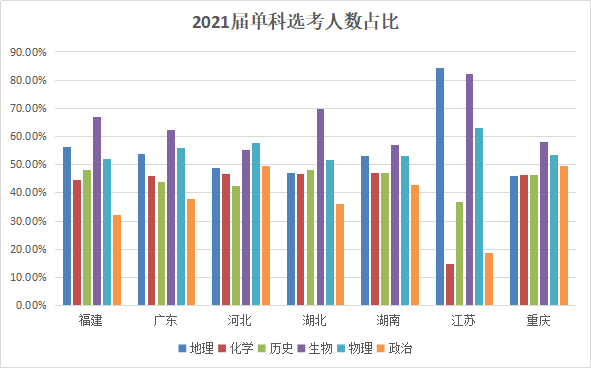










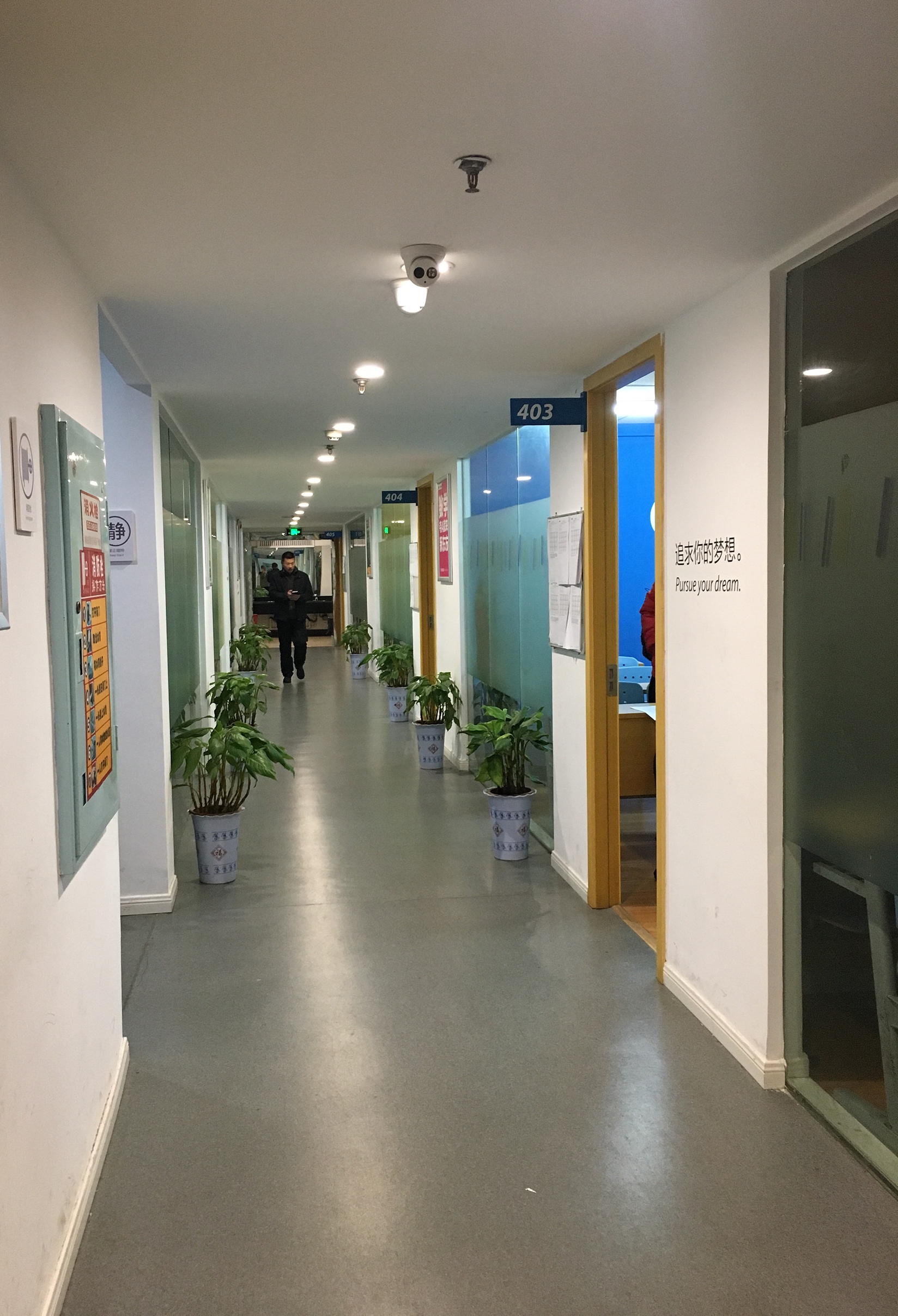

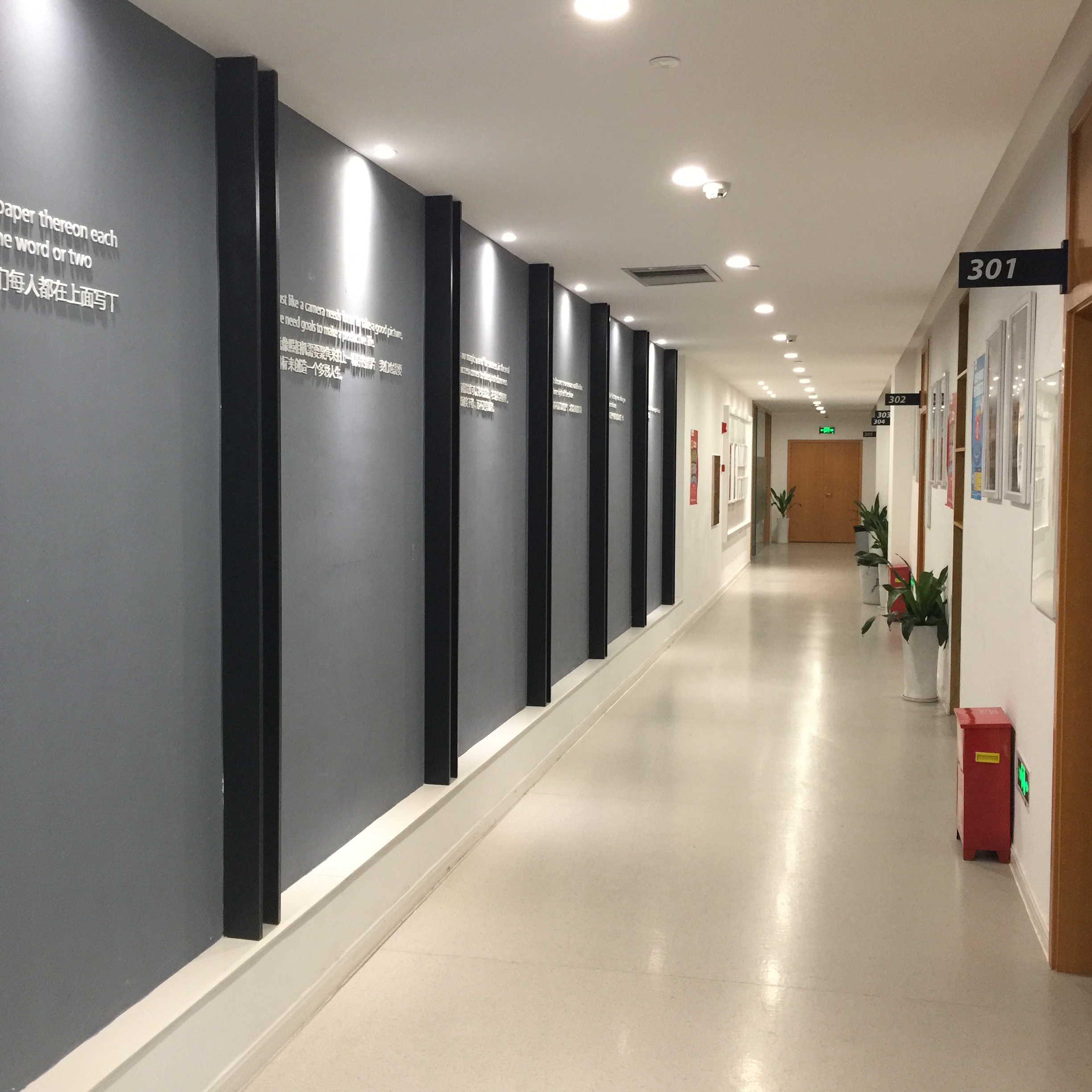





 京公网安备11010802021790号
京公网安备11010802021790号









 学习资料
学习资料
